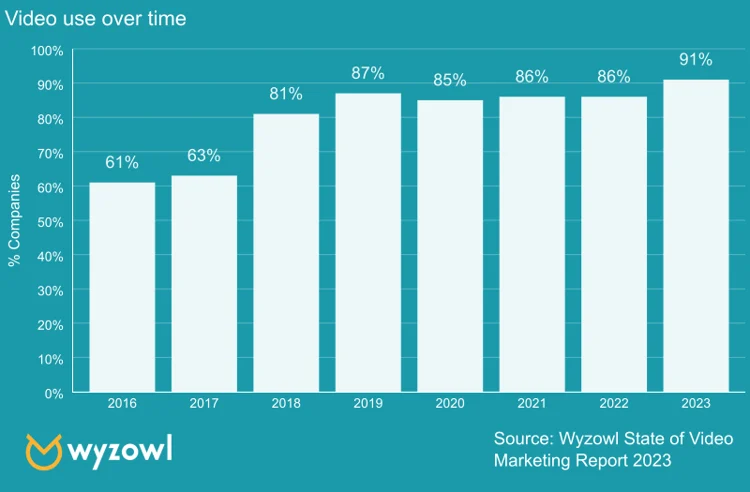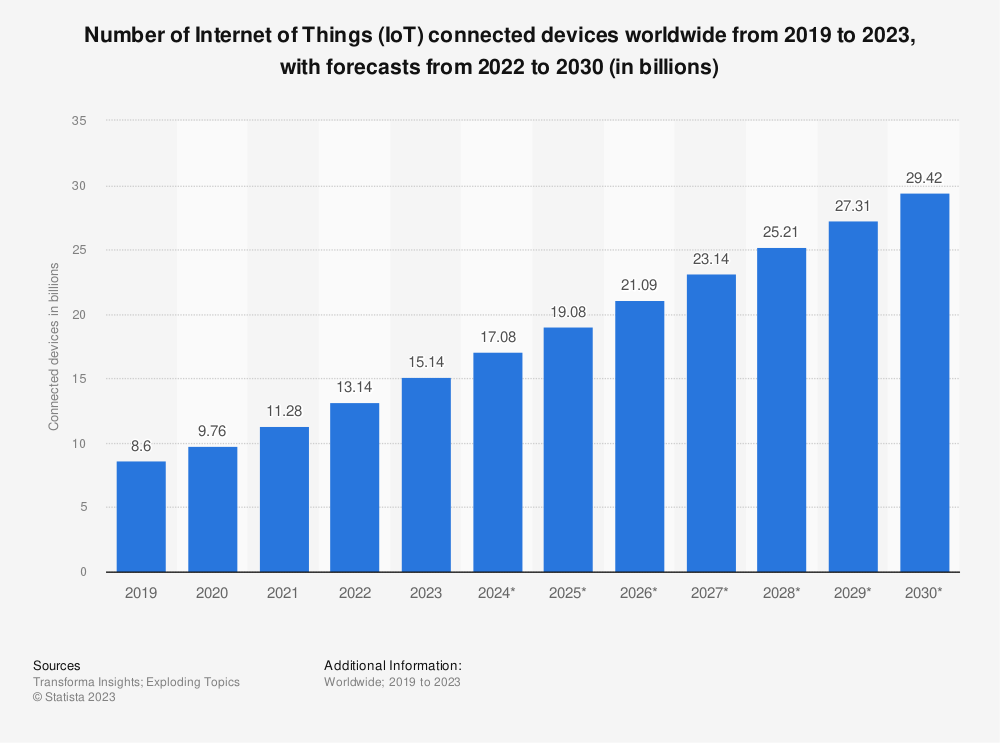Staying ahead of market competition is necessary in the evolving event technology landscape. A combo of creativity and cutting-edge technology transforms how events are organized and managed. Let’s explore this blog in depth to understand further how advanced technology shapes the future.
Essential Event Elements Every Event Organizer Must Focus on!
Before jumping into how innovations and technology have changed the event industry, let’s explore some essential event elements that every event organizer must focus on.
According to Bizzabo’s report, approximately 78% of event planners consider effective planning the most critical phase for hosting a successful event.
To host a new grand event, the organizer must plan and consider the below-listed details to the fullest:
Strategic Planning
Effective events begin with strategic planning. This involves defining goals and target audiences and crafting a roadmap for seamless execution.
Venue Selection
One of the crucial aspects is to select your event venue more wisely. By choosing the best venue, you can set the tone of your event, its atmosphere, and more.
For example, Paris Fashion Week selects iconic venues that complement the brand and enhance the thematic experience.
Logistics and Operations
Behind every successful event, what plays a crucial role is effective operations planning. It would help if you double-checked that everything runs smoothly from the start till the end gets over.
Marketing and Promotion
How can you expect more attendees without marketing and promoting your event efficiently?
Create and implement a proven marketing strategy that helps you make your planned event a grand success.
Engaging Content
The heart of any event is its content. Engaging presentations, performances, and interactive sessions contribute to a memorable experience.
Attendee Experience
If you wish to make your event a success, pay attention to personalization and convenience. Make sure that your audience has a satisfying experience throughout the event.
For example, The Sundance Film Festival emphasizes attendee experience through personalized schedules, exclusive screenings, and interactive features.
Technology Integration
Technology enhances various event management aspects, from registration and networking to information dissemination. Approximately 80% of event organizers believe that tech innovation can impact attendee engagement to a great extent.
Building Positive Connection
Events provide valuable networking opportunities. Ensure that you build an easy connection with your attendees, which will ultimately result in a successful and profitable event ahead.
Sponsorship and Partnerships
Collaborations with sponsors and partners enhance an event’s financial aspect and contribute to its grandeur and success.
For example, The Olympic Games rely heavily on sponsorships, creating mutually beneficial partnerships that contribute to the event’s grandeur.
Post-Event Evaluation
Have the desire to achieve long-term success? If yes, you need to ensure you have post-event analytics that help you know your attendees’ pain points.
The success of an event lies in carefully considering all the above-listed elements. The stage for success in the dynamic world of event management is all yours; just focus on essential elements and make your event a grand success.
Top Technological Advancements Transforming Event Operations
You might be aware of the essential elements to organize a successful event, now let’s delve into the top 8 technological innovations changing the event management industry.
Video Content
Hubspot reports show that 91% of businesses use video to promote their event. This shows how important video content is for boosting engagement.

Source: (Hubspot)
Video content helps you capture attendees’ attention and expand your overall event reach. For example, South by Southwest incorporates extensive video content, including live-streaming sessions and post-event highlights, enhancing onsite and online audience engagement.
Branded Multi-Use Apps
A customized open-source event ticketing system is a centralized hub for attendees, offering schedules, speaker information, and interactive features. Such apps help to create an improved experience and build a unique identity for your event.
For example, The Sundance Film Festival’s app provides attendees with personalized recommendations and advanced functionality, resulting in event success.
Mobility
All-in-one platforms consolidate various event management functions into a user-friendly interface accessible via mobile apps. These platforms streamline registration, ticketing, and marketing processes. Hosting events using feature-rich applications helps businesses witness 20% growth and attendee satisfaction.
Virtual & Augmented Reality
Modern technology like virtual reality is transforming attendees’ experience. It makes it easier for attendees to enjoy VR presentations, and booths, and get engaged in the activities.
Modern tech like AR and VR bridge the gap between the physical and virtual worlds. The Global Education Summit integrated AR to offer a virtual experience, decreasing the need for physical visits and showcasing innovation in education.
Projection-Mapping
The global projection mapping market is projected to reach $6.36 billion by 2023, indicating substantial demand.
Projection mapping transforms ordinary spaces into extraordinary displays, turning surfaces into dynamic canvases. This technology creates visually immersive environments.
Internet of Things
The number of connected devices will reach 29 billion by 2030. IoT devices connect the physical and digital aspects of events. Smart badges for networking and IoT-enabled sensors for crowd management contribute to efficiency and safety.
 Source: (Statista)
Source: (Statista)
Large-scale conferences use IoT-enabled badges to track attendee movement, gather data on popular sessions, and enhance networking opportunities.
Virtual & Hybrid Events
The global landscape has led to the rise of virtual and hybrid events. These formats allow organizers to reach a wider audience and provide flexible participation options. Microsoft Ignite seamlessly adapted to virtual formats during the COVID-19 pandemic, setting a precedent for future hybrid events.
Data Analytics and Insights
Approximately 72% of event professionals use data to inform their event strategy and decision-making.
Analyzing data enables continuous improvement for future events. Music festivals analyze attendee data to understand preferences, optimize schedules, and enhance overall logistics, contributing to continuous improvement.
Ending Note
The event innovations are really exciting further, with modern tech that promises to elevate the attendees’ experience to the next heights. From virtual reality to machine learning, event professionals have multiple tools to use and improve their attendee’s experience.
Embracing these advancements will redefine how we conceptualize and execute events. As we move forward, the fusion of creativity & technology will undoubtedly shape tomorrow’s events, creating experiences that leave a lasting impact on all who attend. Stay tuned for the next wave of event tech innovations!





















![How To Enable Dark Mode On Amazon App & Website [2023] How To Enable Dark Mode On Amazon App & Website](https://dandelife.com/wp-content/uploads/2023/10/How-To-Enable-Dark-Mode-On-Amazon-App-Website-100x70.jpg)
